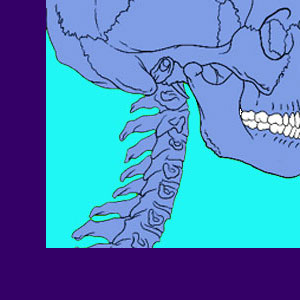
An orthopedist is a doctor (M.D. or D.O.) who specializes in the musculoskeletal system. This system includes the bones, muscles, ligaments and tendons that give the body its structure and mobility. Orthopedic doctors are often surgeons, but their patients rely on them for much more than just performing back surgery procedures. Orthopedic physicians are also the most common specialty of medical professionals who treat back and neck pain.
When a primary care doctor says they want to refer a patient to a expert, the chances are that the specialist will turn out to be an orthopedic doctor in most cases.
Orthopedist Training
Orthopedic practitioners receive a comprehensive education and focused training before being allowed to practice medicine. The entire process from college through residency averages 11 years, but can be extended to 14 or more for doctors granted sub-specialty fellowships.
Many orthopedic doctors specialize in a particular type of tissue repair or area of the body. The most common areas of specialization are the hand, foot, knee, hip and spine. Patients with back ache complaints or neck symptoms are always advised to see a doctor who focuses on these regions, rather than a general orthopedic practitioner.
Spinal Orthopedist
Orthopedic surgeons who specialize in conditions of the back are most known for their surgical procedures. Invasive correction of spinal conditions has become a diverse and profitable industry. Surgery should virtually always be a last resort when it comes to treating back pain. A good doctor will always inform the patient of this fact and only recommend surgery under the following criteria:
All conservative treatment options have been exhausted.
The patient has an accurate and confirmed diagnosis.
The patient understands the many significant risks of surgery.
The doctor is convinced that the surgery will improve the quality of the patient’s life and be effective at relieving pain and/or increasing functionality.
Orthopedic Back Pain Treatment
I have consulted with several orthopedic doctors during my own ongoing treatment of back pain. My primary doctor used to be an orthopedic surgeon with a good heart and a better brain. He never pushed me for surgery and was the only doctor to tell me the truth about the potentially mediocre or even damaging surgical results. Most of the other physicians recommended surgery and one really pushed for it.
Do not get pressured or frightened into surgery. Orthopedic surgeons operate… that’s what they do! Do not be surprised if your orthopedic doctor recommends surgery. Be a knowledgeable patient. Ask questions. If the answers do not make 100% sense to you, find a new doctor.
The overwhelming majority of orthopedic practitioners are excellent doctors with vast amounts of focused training in their chosen fields. They can be incredible sources of knowledge about the spine and tissues of the back. Just remember that they are also in the business of medicine. There is always an economic component to all health care. Make sure that you do not allow the nocebo effect of the diagnosis to force you into an unneeded or premature surgery.
Learn. Question. Decide. This is the only way to make an informed decision when it comes to orthopedic surgery.
It is crucial to mention that of all medical specialties, many orthopedic doctors seem especially partial to embracing the purely Cartesian theory of pain. Some of these doctors have been treating back symptoms incorrectly for decades. What make you think they are going to stop now? Just because recent changes to diagnostic guidelines have scolded doctors for assuming that most structural irregularities in the spine are the sources of pain, does not mean that every doctor is listening.
To summarize, be incredibly wary of practitioners who blame pain on what amount to be completely normal and universal degenerative processes, such as disc disease, minor bulging discs and common spinal arthritis.




